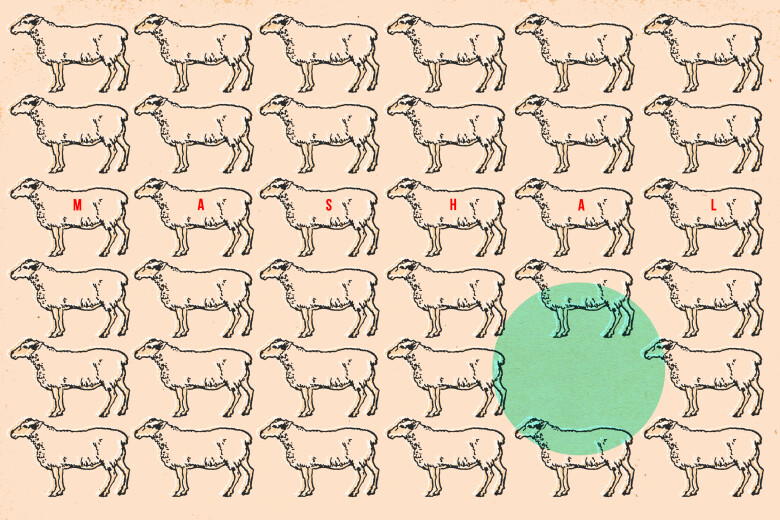Letting Go of Fear
June 09, 2013 | Josh Graves
Passage: Matthew 25:14-30
Mashal: The Greatest Risk
Matthew 25:14ff
Listen on Podomatic or iTunes
Otter Creek Family:
NOTE:
This Wednesday night marks the beginning of our faith and film conversation. Melissa Greene will be with us (for the music) and the focus will be Romans 8 and Cold Mountain. To see the list of films and music covered this summer, CLICK HERE. If you are planning on coming each Wednesday at 7PM, plan on watching the film before you come--it will enhance your experience. Each week is a combination of 60 minutes of music and teaching. Children and student ministry have full programming this summer on Wednesday nights.
For the next several weeks on Sunday mornings (and in one of our 1025AM adult education classes) we'll study and explore some of Jesus' parables.
Matthew 25 is about what you do with Jesus. It's about taking one risk this week. Something (a call, a note, a conversation) that costs you something. That's the birth of the kingdom. It doesn't pay, in Jesus' economy, to play it safe.
Parables are part of the Jewish Rabbinic teaching method of riddle-sharing. That is, Jesus’ parables are short, world-shattering riddles in the form of story (called mashal). These tight tales were meant to change the way we think about God, God’s world, and our place in it. This Sunday morning teaching series aims to introduce the Jewish and theological background of Jesus’ teachings for the contemporary Christian following Jesus. The original “movie” . . . parables are subversive, fun, intriguing, and challenging. In Matthew, Mark, and Luke over 1/3 of the entire text is a Jesus parable. Apprenticed to a rabbi, these parables are soul food.
Jesus didn’t invent the parable, but he certainly appears to perfect the parable. Remember the story of King David being challenged by the prophet Nathan? What was Nathan’s strategy? A diatribe? No. Though David certainly deserved it. A call to action with detailed instructions? No. Nathan offered the king a parable because Nathan wanted David to see the situation as God saw it.
Jesus understood that the way to the human heart was not through thought (knowledge) or practice (the disciplines) . . . the human heart is captivated via the imagination.
If you want to change someone’s mind . . . teach them.
If you want to change someone’s behavior . . . model it.
If you want to change someone’s heart . . . one must grab their soul; the place where the inner-life of the imagination rules all things.
Parables allow you to slip into a deeper sensibility than does argumentation (knowledge) and moralistic sensibility (action). John Dominic Crossan writes that “the parable is an earthquake opening up the ground at your feet.”
--
Grace and Peace,
Josh Graves
Series Information

